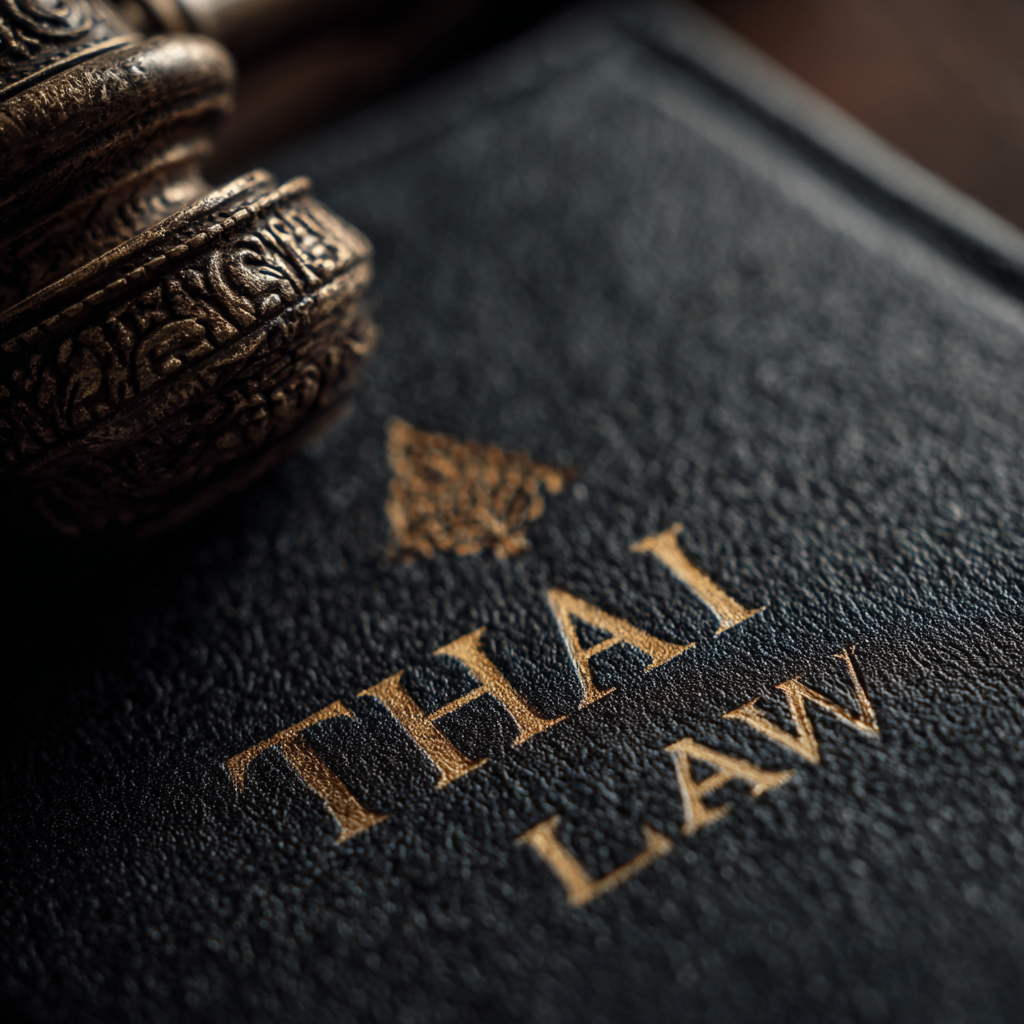While Thailand doesn’t have a stand-alone “capital gains tax,” any profit from property sales is treated as ordinary income and taxed accordingly under its personal or corporate income tax system.
1. For Individual Sellers 🧑
- No flat “capital gains tax” — instead, the withholding tax (WHT), calculated using a special formula based on the appraised value, ownership duration, and progressive income tax rates (5–35%), acts as a proxy “capital gains” tax
- How it’s calculated:
- Your appraised property value is reduced by a factor that increases with years of ownership.
- The remainder is divided by the total years owned.
- That annual figure is taxed as income per Thailand’s personal tax brackets.
- Total WHT is then deducted from the sale proceeds at the Land Office
- Resulting burden: Foreign sellers typically pay between 1–3% effective tax on sale price—far lower than the maximum marginal rate .
2. For Corporate Sellers 🏢
- A flat 1% withholding tax is applied to the higher of the registered sale price or appraised value, remitted at the time of transfer
3. Additional Taxes on Disposal
When you sell property, other taxes may also apply depending on how long you’ve held the asset:
| Tax | Rate | When Applies | Who Pays |
|---|---|---|---|
| Specific Business Tax (SBT) | 3.3% | Sale within 5 years of acquisition | Seller |
| Stamp Duty | 0.5% | Sale after 5+ years (no SBT) | Seller |
| Withholding Tax (see above) | 1–35% (effective 1–3%) | Always applies at transfer | Buyer withholds |
- If you sell within 5 years, you pay SBT (3.3%) and no stamp duty.
- After 5 years, you avoid SBT but pay stamp duty (0.5%) plus the calculated withholding tax
4. Foreign vs Thai Sellers
- Foreign sellers follow the same calculation method for WHT.
- Thailand doesn’t charge capital gains tax on property as a separate tax, but WHT effectively fills that role .
5. Key Takeaways
- There is no explicit capital gains tax on property in Thailand, but profits are taxed under personal or corporate income tax via withholding tax.
- Individuals: 1–3% effective through WHT.
- Companies: 1% flat WHT.
- Selling within 5 years triggers an additional 3.3% SBT; selling after that means stamp duty (0.5%).
- Double tax treaties may offer relief to avoid taxation both in Thailand and your home country .
- WHT is deducted by the buyer at the Land Office—ensuring seller compliance.
🔍 What You Should Do
- Plan your property investment timeline—holding beyond 5 years can save you 2.8% in exit taxes (3.3% SBT vs. 0.5% stamp duty).
- Consult with a Thai tax lawyer or advisor, especially if you hold property through a company or lease structure.
- Understand your country’s tax treaty with Thailand, as it may impact how much tax you ultimately pay.
📞 Need Help Finding the Right Condo?
We sell and rent properties across Thailand and assist foreign buyers with expert guidance. While we don’t provide legal advice, we work closely with reliable, English-speaking lawyers and can refer you to trusted professionals.
📩 Email us: contact@centralcityproperty.com
📱 WhatsApp: +66 95 992 0345
🌐 Website: www.centralcityproperty.com
Let us help you secure your dream home in Thailand—safely and legally.




